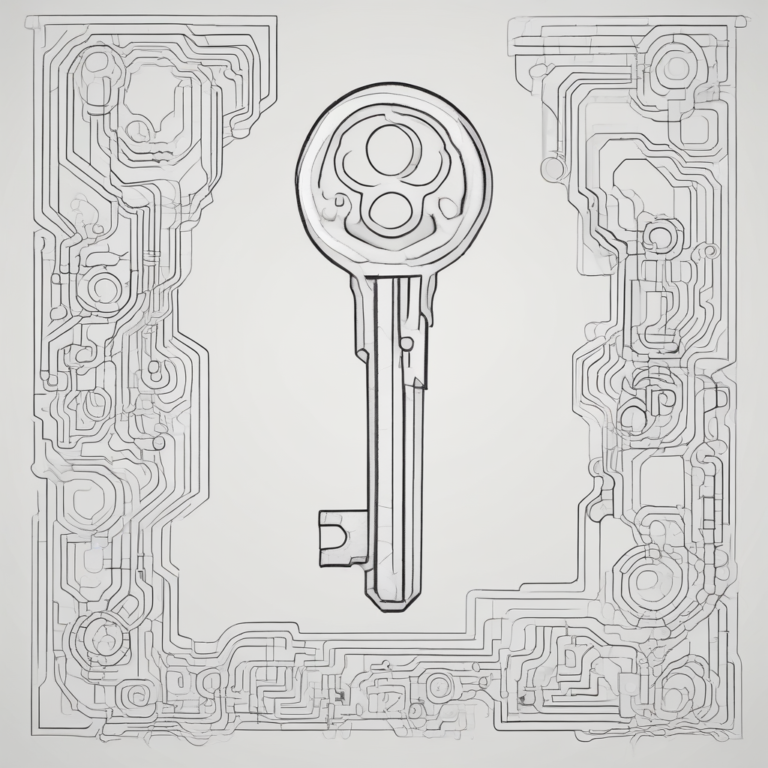The EU’s AI Power Play: Between Deregulation and Innovation
The European Union (EU) has emerged as a trailblazer in AI governance, with the introduction of the world’s first comprehensive legal framework for AI systems through the AI Act. This framework reflects a strong precautionary and ethics-driven philosophy, aimed at promoting human-centric AI models while prioritizing high ethical standards and fundamental rights. However, the EU’s recent pivot toward deregulation raises concerns about the balance between fostering innovation and maintaining democratic safeguards.
Regulatory Resolve as a Geopolitical Strategy
The EU’s assertive regulatory stance is not just about governance; it also serves as a geopolitical strategy to project normative power and set international benchmarks for AI governance. This ambition, often referred to as the “Brussels effect,” has been challenged by the need to boost competitiveness in the face of rapid advances from U.S. and Chinese AI giants.
Despite its regulatory might, the EU faces significant obstacles, including limited domestic AI industry and financing. Critics argue that the EU’s regulatory approach could deepen industrial weaknesses and deter investment, ultimately hindering its ability to nurture a robust AI ecosystem. As AI capabilities advance, European policymakers must navigate the dual imperative of upholding regulatory values while fostering a homegrown AI industry.
Toward a Secure AI Future for Europe
In response to global competition, the EU has begun to shift its focus from regulation to innovation. This shift underscores the need for a balanced approach that ensures AI models remain ethical and trustworthy while encouraging industrial growth. To secure its AI future, the EU must:
- Expand investments: Public funding must catalyze private venture capital to retain promising AI start-ups.
- Develop comprehensive digital infrastructure: Initiatives like EuroStack aim to reduce dependence on foreign providers and strengthen digital resilience.
- Enhance regulatory clarity: Establishing an EU-wide dual-use AI framework can better define risk tiers and harmonize export-control requirements.
AI Innovation and Governance Challenges
As the EU grapples with its regulatory framework, it must also address the dual-use nature of AI technologies. The potential for AI applications to serve both civilian and military purposes complicates governance. While AI systems can drive economic growth and enhance productivity, their military implications raise ethical concerns.
The EU’s AI Act currently does not extend to military uses, leaving significant oversight gaps. Simultaneously, the EU’s regulatory stance risks enabling the militarization of AI technologies without adequate safeguards. As Europe aims to secure its place in military AI, it must reconcile its values with the need for robust defense capabilities.
Conclusion: Striking a Balance
The EU stands at a critical juncture, faced with the challenge of balancing bold innovation with responsible oversight. The recent deregulatory turn, framed as a necessity for competitiveness, risks undermining democratic safeguards. To effectively foster AI innovation while safeguarding public interests, the EU must adopt a comprehensive approach that integrates investment, collaboration, and accountability.
Ultimately, Europe’s strategic future hinges on creating an environment where AI innovation can thrive without compromising fundamental rights. By investing in its digital infrastructure and fostering homegrown AI champions, the EU can reassert its influence in the global tech landscape while setting standards for responsible AI governance.









